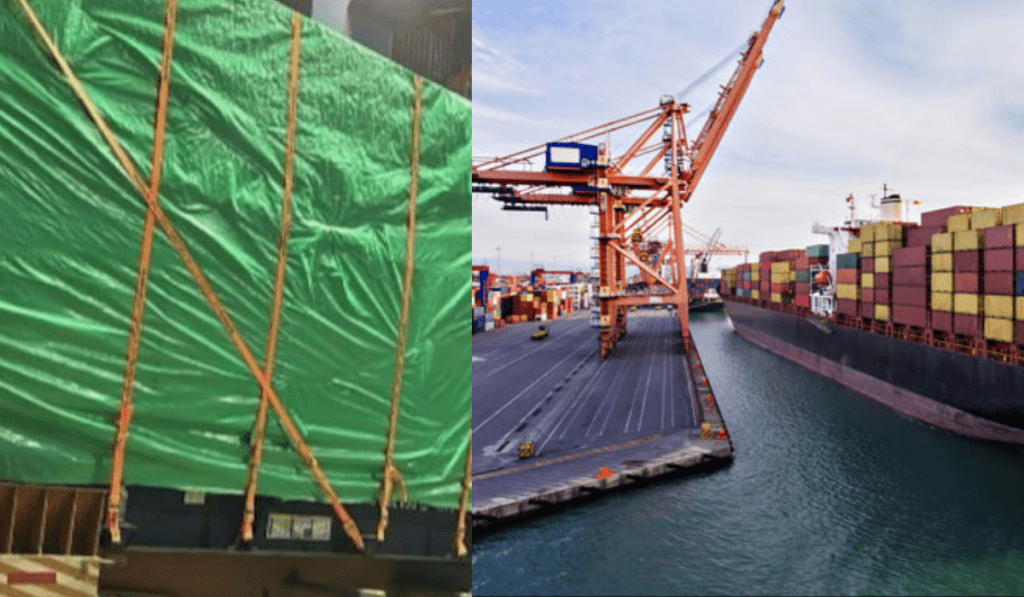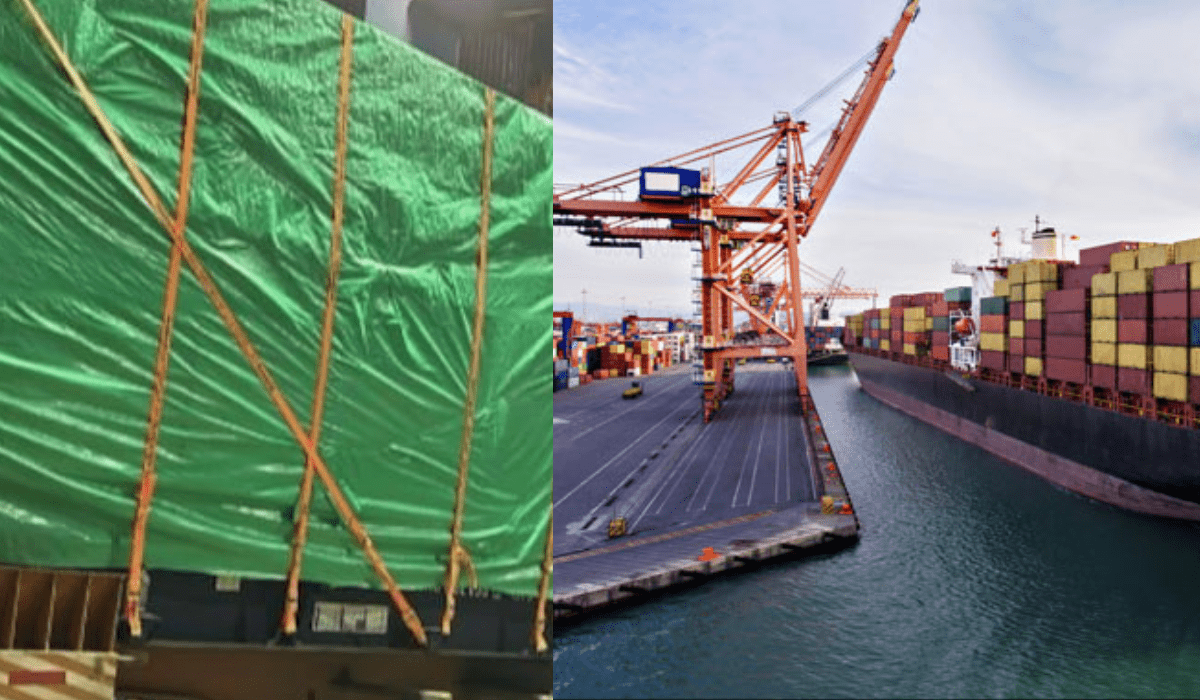Mumbai Port Halts Suspected Nuclear Cargo from China to Pakistan
A ship bound for Karachi from China was stopped at Mumbai’s Nhava Sheva port due to suspicions of carrying goods that could aid Pakistan’s nuclear and missile programs. The cargo included a Computer Numerical Control (CNC) machine, known for its precision in manufacturing.
CNC machines are computer-controlled, ensuring high efficiency and accuracy, particularly crucial for producing parts used in missiles. These machines are closely monitored under international arms control agreements, including the Wassenaar Arrangement.
Customs officials acted on intelligence input and inspected the consignment, which originated from China. The Defence Research and Development Organisation (DRDO) also examined the cargo and confirmed its potential use in Pakistan’s nuclear endeavors.
The consignment, weighing over 22,000 kilograms, was labeled to be sent to Cosmos Engineering in Pakistan, but deeper investigations revealed discrepancies in the shipping details. It was traced back to Taiyuan Mining Import and Export Co Ltd, raising concerns about potential covert shipments from China.
This isn’t an isolated incident; Indian authorities have intercepted similar items destined for Pakistan from China in the past. These actions highlight concerns about China’s support for Pakistan’s military capabilities and its role in potential proliferation activities.

There are suspicions that these dual-use items could be channeled to Pakistan’s Defence Science and Technology Organisation (DESTO), responsible for defense research and development. Despite international conventions, such covert shipments indicate a continued collaboration between Pakistan and China, bypassing regulations.
China’s involvement in supplying items like autoclaves, crucial for missile production, has raised alarms. In some instances, these items were disguised as industrial equipment, underscoring suspicions of illegal trade in missiles and violation of international agreements.
The interception of the suspected cargo underscores the challenges in preventing proliferation activities and the need for enhanced international cooperation to curb illicit trade in dual-use goods.
Ship from #China to #Pakistan stopped at #Mumbai Nhava Sheva Port over suspected Nuclear cargo
Read more details here- https://t.co/kGSDR2T8CB
— CNBC-TV18 (@CNBCTV18Live) March 2, 2024
In response to such concerns, the US has sanctioned Chinese companies implicated in supplying missile-applicable items to Pakistan’s ballistic missile program, signaling a recognition of the seriousness of the issue at an international level.
The ongoing investigation aims to uncover the full extent of collaboration between Pakistani entities and Chinese suppliers, shedding light on the mechanisms used to evade detection and bypass regulations.
Efforts to address these challenges require a multi-faceted approach, including tighter export controls, improved intelligence sharing, and stronger enforcement of existing regulations.
Conclusion: The interception of suspected nuclear cargo highlights the complex dynamics of arms proliferation and the need for concerted efforts to prevent the illicit transfer of sensitive technologies. It underscores the importance of international cooperation and vigilance in safeguarding against the spread of weapons of mass destruction.
read more HERE





